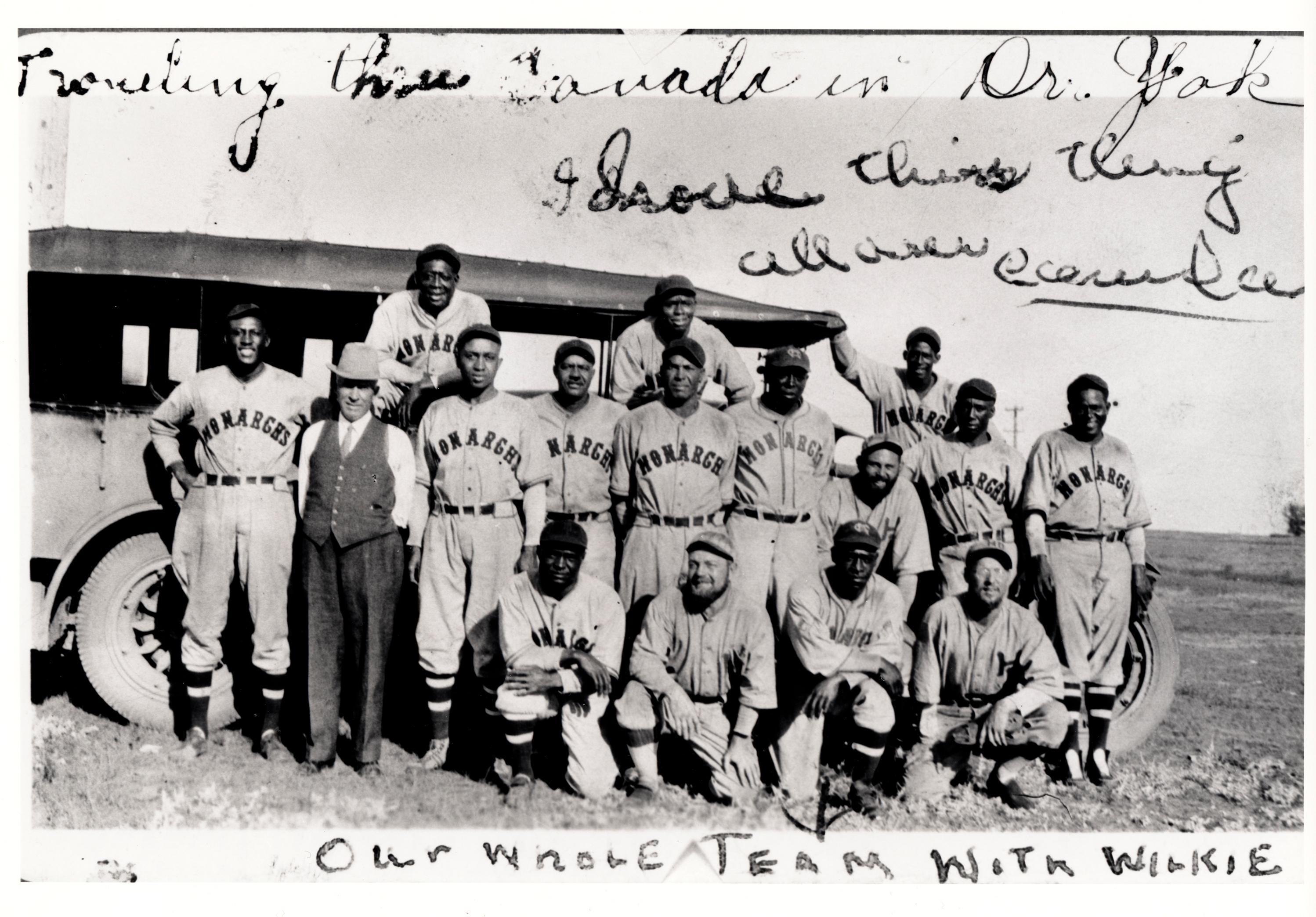Baseball: A Film By Ken Burns
Airing Thursdays at 10 p.m. beginning April 8, 2021

The story of Baseball is the story of America. It is an epic overflowing with heroes and hopefuls, scoundrels and screwballs. It is a saga spanning the quest for racial justice, the clash of labor and management, the transformation of popular culture, and the unfolding of the national pastime.
Southern Oregon PBS is re-broadcasting the entirety of Ken Burns's landmark 1994 series BASEBALL. Tune in for the classic baseball stories from the Great Depression through the 1950s, from Joe DiMaggio and Satchel Paige to Ted Williams and Jackie Robinson, to Willie Mays and Don Larsen. Immediately following the nine episodes of the original film series, "Baseball," the two films in the series "The Tenth Inning" will also in that time slot. The original Emmy Award-winning, nine-part documentary series Baseball debuted in 1994 during the players' strike. It was seen by more than 43 million viewers, making it the most-watched program in PBS history. The Tenth Inning, a two-part, four-hour documentary by Ken Burns and Lynn Novick picks up where Baseball left off. The program is directed by Burns and Novick and written and produced by David McMahon, Novick and Burns.
Episodes and Air Dates
Part 1: Our Game - Thursday, April 8 at 10 p.m.
In New York City, in the 1840s, people need a diversion from the "railroad pace" at which they work and live. They find it in a game of questionable origins. Inning One, Our Game, looks at the origins of baseball in the 1840s and takes the story up to 1900. Burns refutes the myth that Abner Doubleday invented baseball in Cooperstown and traces its roots instead to the earliest days of the nation.
Part 2: Something Like a War - Thursday, April 15 at 10 p.m.
In 1894, a sportswriter named Byron Bancroft "Ban" Johnson takes over a struggling minor league - the Western League - and turns it into a financial success. Inning Two, Something Like a War, takes viewers through 1910 and introduces some of the game's most celebrated and colorful characters, including Ty Cobb, Honus Wagner, Christy Mathewson and Walter Johnson.
Part 3: The Faith of Fifty Million People - Thursday, April 29 at 10 p.m.
Before and after World War I, a steady stream of immigrants land on the shores of America. They want instantly to become American, to pursue the American dream, to play the American game. Inning Three, The Faith of Fifty Million People, examines the century's second decade, which was dominated by the Black Sox scandal. George Herman "Babe" Ruth makes his first major league appearance.
Part 4: A National Heirloom - Thursday, May 6 at 10 p.m.
The 1920s begin with America trying to recover from World War I and baseball trying to recover from the scandal of the 1919 World Series. Inning Four, A National Heirloom, concentrates on Babe Ruth, whose phenomenal performance thrilled the nation throughout the 1920s and rescued the game from the scandal of the previous decade.
Part 5: Shadow Ball - Thursday, May 13 at 10 p.m
Throughout America, and even on the baseball diamonds in New York's Central Park, thousands of homeless people build shantytowns called "Hoovervilles." More than ever, America needs heroes. And even as it struggles to make it through the Depression, baseball provides them. Inning Five, Shadow Ball, tells the story of the Negro Leagues in the 1930s, excluded from major league play at that time.
Part 6: The National Pastime - Thursday, May 20 at 10 p.m
Inning Six, The National Pastime, covers the 1940s and includes Joe DiMaggio's celebrated hitting streak, the awe-inspiring performance of Ted Williams and what Burns calls "baseball's finest moment" — the debut of Jackie Robinson, who broke the color barrier as a member of the Brooklyn Dodgers in 1947.
Part 7: The Capital of Baseball - Thursday, May 27 at 10 p.m
Inning Seven, The Capital of Baseball, takes viewers through the 1950s when New York City had three successful baseball teams and dominated the World Series. By the end of the decade, the Giants and Dodgers had left New York, a signal that the old game was changed forever.
Part 8: A Whole New Ball Game - Thursday, June 3 at 10 p.m
The 1960s are a turbulent decade for America and turbulent decade for baseball, as one by one its "sacred" institutions fall. Inning Eight, A Whole New Ball Game, moves the field to the 1960s. This episode traces the emergence of television, the expansion to new cities and the building of anonymous multipurpose stadiums that robbed the game of its intimacy and some of its urban following.
Part 9: Home - Thursday, June 17 at 10 p.m
In an age of globalization and deregulation, a cataclysmic strike over money and power brings baseball to the brink. Inning Nine, Home, looks at baseball from the 1970s to the 1990s, including the establishment of the free agent system, the rise in player salaries, the continued expansion, the dilution of talent, the ongoing battles between labor and management and the scandals.
Top of the Tenth - Thursday, June 24 at 10 p.m
In 1994, the national pastime faces its worst crisis in 70 years when a bitter and prolonged strike forces the cancellation of the World Series, infuriating fans dismayed by the athletes and teams they once worshipped. Baseball has to rebuild.
Bottom of the Tenth - Thursday, July 1 at 10 p.m
As America reels from the horror of the 9/11 attacks, baseball provides solace, and in an incredible World Series, gives the country something to cheer about. As the rivalry between the Yankees and the Red Sox reaches the boiling point, long-suffering Boston fans rejoice in their first World Series victory in 86 years, while Giants and Cubs fans endure devastating losses.
No episode will air on Thursday, April 22 or Thursday, June 10 due to special programming scheduling.*